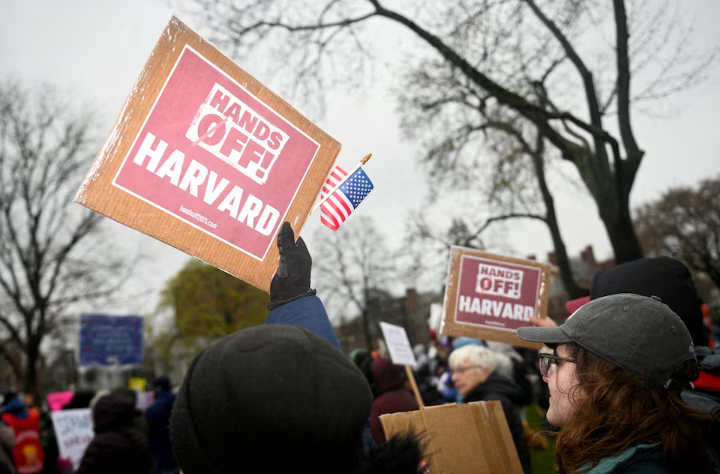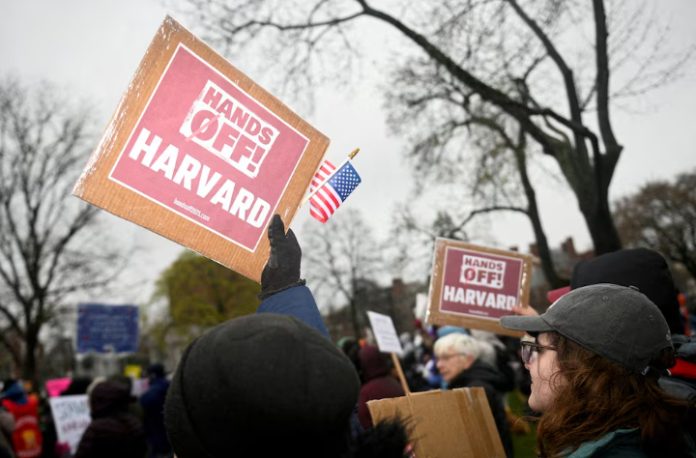The U.S. government has launched a civil rights investigation into Harvard University and its prestigious Law Review, raising serious questions about racial bias in academia and putting billions in research funding at risk.
In a bold move that has sparked national debate, the Trump administration announced a probe into whether Harvard Law Review editors prioritized article submissions from racial minorities, possibly violating Title VI of the Civil Rights Act. The Department of Education and the Department of Health and Human Services jointly declared that Harvard may have used race as a deciding factor in selecting which scholarly articles to publish.
According to Craig Trainor, acting assistant secretary for civil rights, the Law Review’s process may have created a “spoils system” where the race of a contributor mattered as much—or more—than the quality of their work.
This investigation adds another layer to an ongoing standoff between Harvard and the federal government. Just hours before the probe was revealed, a federal judge agreed to expedite Harvard’s lawsuit seeking to overturn a freeze on $2.3 billion in federal research funding. The university warns the freeze threatens crucial scientific and medical projects.
A spokesperson for Harvard emphasized the institution’s dedication to complying with all applicable laws and its willingness to review credible allegations. However, the student-run Harvard Law Review has not yet responded publicly.
The broader context of the controversy involves a sweeping federal crackdown on diversity, equity, and inclusion (DEI) initiatives. Since returning to power, Trump has challenged the legitimacy of DEI efforts, arguing that such programs discriminate against white Americans and men. Executive orders have already been signed to dismantle DEI programs across government and private sectors.
In what appears to be a shift in tone, Harvard recently renamed its “Office for Equity, Diversity, Inclusion and Belonging” to “Community and Campus Life.” Though the move raised eyebrows, an internal memo suggested it was part of an effort to foster unity by focusing on individual experiences rather than demographic groupings.

The lawsuit also sheds light on escalating tensions over free speech and academic freedom. Harvard claims the administration made unconstitutional demands, including altering hiring practices and academic content to reflect ideological balance. These demands stemmed from an antisemitism task force’s recommendations, which Harvard officials argue violate the First Amendment.
Adding to the pressure, the Trump administration has also scrutinized Harvard’s response to pro-Palestinian protests on campus and its stance on issues like climate activism and transgender rights. In March, the administration revealed it was reviewing nearly $9 billion in grants and contracts awarded to the school, citing Harvard’s alleged failure to combat antisemitism.
Federal officials have since taken drastic steps: suspending funding, threatening Harvard’s tax-exempt status, and even calling for restrictions on admitting foreign students. Rights advocates have responded with alarm, warning that such moves jeopardize academic independence and freedom of expression.
With a July hearing scheduled, all eyes are on what could become a landmark legal showdown between one of the world’s most prestigious universities and a federal government determined to reshape the landscape of higher education.



